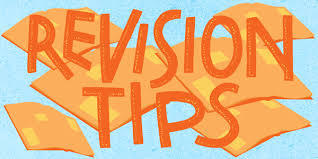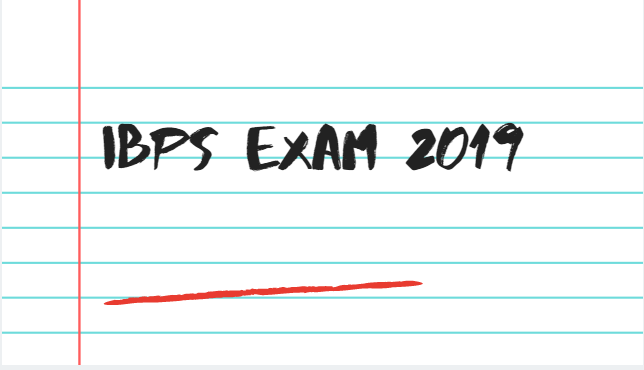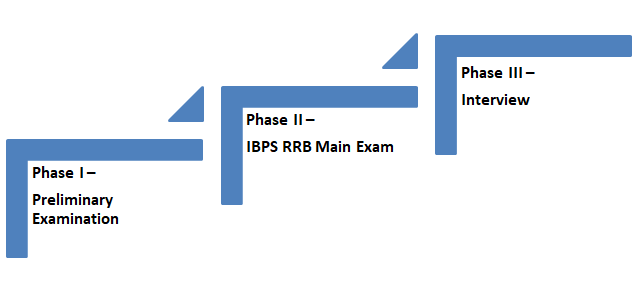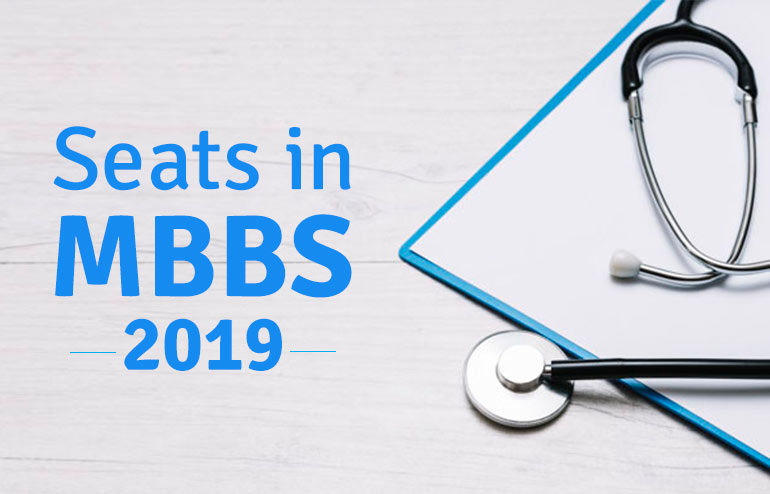CBSE has issues a notification regarding revamping of the previous pattern of board for both Classes 10th and 12th.This change was proposed by the feedback received from various members of Committee of Courses and subject experts, said the Central Board of Secondary Education (CBSE) statement. CBSE initiated this on the purpose of improving the quality of education and so that the students are able to compete in various competitive exams. The new pattern would test students on their analytical skills and reasoning instead blindly copy the testbook test.
“To give relaxation to students, the board has decided to ease the passing criteria for Class 10 students from 2019,” explained CBSE chairman Anita Karwal.
Detailed analysis of 10th Class Exam pattern
So the pattern goes as below:
- The internal assessment would sum up to 20 Marks and the annual board exam will be assessed among the rest 80 Marks.
- Annual board examination: Maximum marks are 80 for each subject and individual student need to score 33% out of 80 in each subject.
- Internal assessment comprises of 3 periodic tests(10 marks ) , marks on submission of notebooks (5 marks) and subject activities(5 marks).
- Among the 3 periodic tests , the average of best 2 marks will be taken into consideration.
- As per the latest news by CBSE Board, students may choose the difficulty level of Class 10th Maths question paper. There will be 2 levels of exam held for CBSE Class X Mathematics Board Exam. The changes will be made from academic year ending March 2020 onwards. First level would be the same as the existing one, and the other would be an easier level. As per reports, such a decision from CBSE is to make the students, who don’t want to pursue maths for higher studies, go for a simpler question paper.
- Besides above , the paper will now have more short answer-type questions carrying marks between 1 and 5. The aim is to check a child’s problem-solving and analytical skills rather than his/her ability to memorize and write the answers.
Detailed analysis of 12th Class Exam pattern
Sanyam Bhardwaj ,the CBSE examination controller has confirmed that the pattern of the question will be same as the competitive examinations.
Increase in objective type questions
There will be more objective type questions and no multiple choice questions. So, that it make the students to study each and every topic with thoroughly with proper understanding.
There is also an increase in the number of objective type question i.e. despite of 10 such questions, there will be 20 objective type questions. Along with objective type questions, there are 2 marks , 3 marks and 5 marks questions. There will be total of 14 questions of 2 to 3 marks and 3 questions of 5 marks.
Introduction of internal assessment in all subjects made mandatory
There were some subjects like English, Mathematics ,Political Science which didn’t include internal assessment. But with the new pattern all the subject include 20 marks for internal assessment. Thus, in board exam of 2020 , the paper would be assessed out of rest 80 marks. However , some science subject will continue to follow the 30 and 70 marks breakup.
More internal choices in the question
CBSE introduced internal choice in 33% questions in the year 2019 and same will be carried on to 2020 too. This has been implemented to all the subjects. Now students will find 33% internal choice in all the sections in the question paper in all subjects. Hence this will help students answer the questions better among the choice they know well. Means, it reduces the overall difficulty for the students appearing.
CBSE has put forward the proposal to ministry for approval. It is still on the discussion stage but they are working on implementing the changes by 2020.The renewal will be applicable from 2020 sections once approved.






















































 4.
4. 







